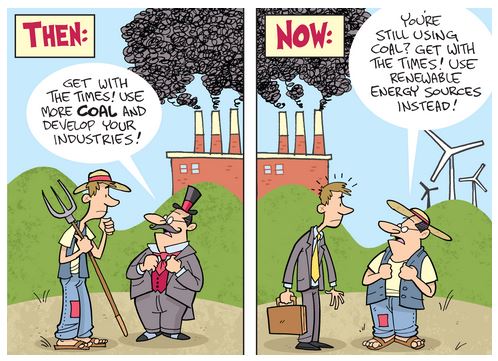Stuff YOU Should Know
Tom Hanks Has an App?

Credit: Lynn Harris – The Little Red Hen/Getty Images; have you ever used a typewriter? A new app wants to give you a bit of the experience?
Best Actor Winner. Movie star. Former sitcom star. All-around nice guy. Technology developer? Tom Hanks, known to many as that guy in Forrest Gump and Castaway, decided to take his love for vintage typewriters to a whole new level. Launched last month, Hanx Writer emulates the clacks and dings of the now-antique manual machines on today’s digital touch screen keyboards. The one concession Hanks and his coder friends have made is with a delete key. (Typists of yesteryear either x’d out mistakes or relied on White Out–think white paint with a teeny tiny brush.) The app has made it to number one on the iTunes’ app store.
Hanks began collecting typewriters in the 1970, when his burgeoning career allowed for some fun luxuries. Remmingtons, Royals, and Gromas are just a few of the more popular models in his collection. Crazy as he is for an old manual, the actor admits to shifting gears to a computer or other device when time and professionalism is at stake. The basic version of the app is free, with other versions available for up to $5.
What Do You Think? Are there apps you use strictly because they hold a nostalgia for a different time? What are they? If you could develop one of your own, what would it be?
Advances in Solar Power
Capturing the energy of the sun and using it to replace traditional means of power is not a new strategy. However, there is a growing trend around the world in finding innovate ways to continually incorporate solar power for more and more practical applications. The most recent involve the heating of water. Industries that require the use of a lot of hot water (such as food processing plants, breweries, and dairy farms where it is used to clean and sterilize equipment) have become interested in turning to solar because it could mean a significant reduction in costs.

credit: McGraw-Hill Education/Pat Lewis
Click on the cartoon to learn more about renewable energy sources.
In developed countries, converting to “greener” energy can usually involve costly adaptations to existing buildings–although architecture firms are increasingly designing new buildings to become more energy efficient. In developing countries, however, solar energy is embraced because of the high cost of traditional energy sources when compared to the average per capita income. Around the world, China currently leads in the use of solar heating of water, followed by Cyprus, where nine out of ten homes have the systems. In the United States, people mostly use solar heating of water to heat swimming pools. Environmentalists are hoping to change that.
Dig Deeper Do some research and find other new ways companies or individuals are expanding the capabilities of green technologies.
Tech Company Enters the Classroom
In an era of Charter Schools and online education, evaluating the quality of education options has become more important than ever. A Boston-based company called Panorama Education is getting a lot of attention lately in its methods for evaluating schools. Currently working in 30 states and 5,000 schools, the tech start-up sponsored (in-part) by Facebook founder Mark Zuckerberg, hopes to provide teachers appropriate feedback from classroom evaluation techniques.
Educators and administrators are hoping that companies like Panorama can address problems in the American educational system by reexamining the way data is both collected and analyzed. The evaluation methods are also taker-friendly, giving teachers a bigger (and more detailed) picture of how they interact with their students and what they can do to improve.
